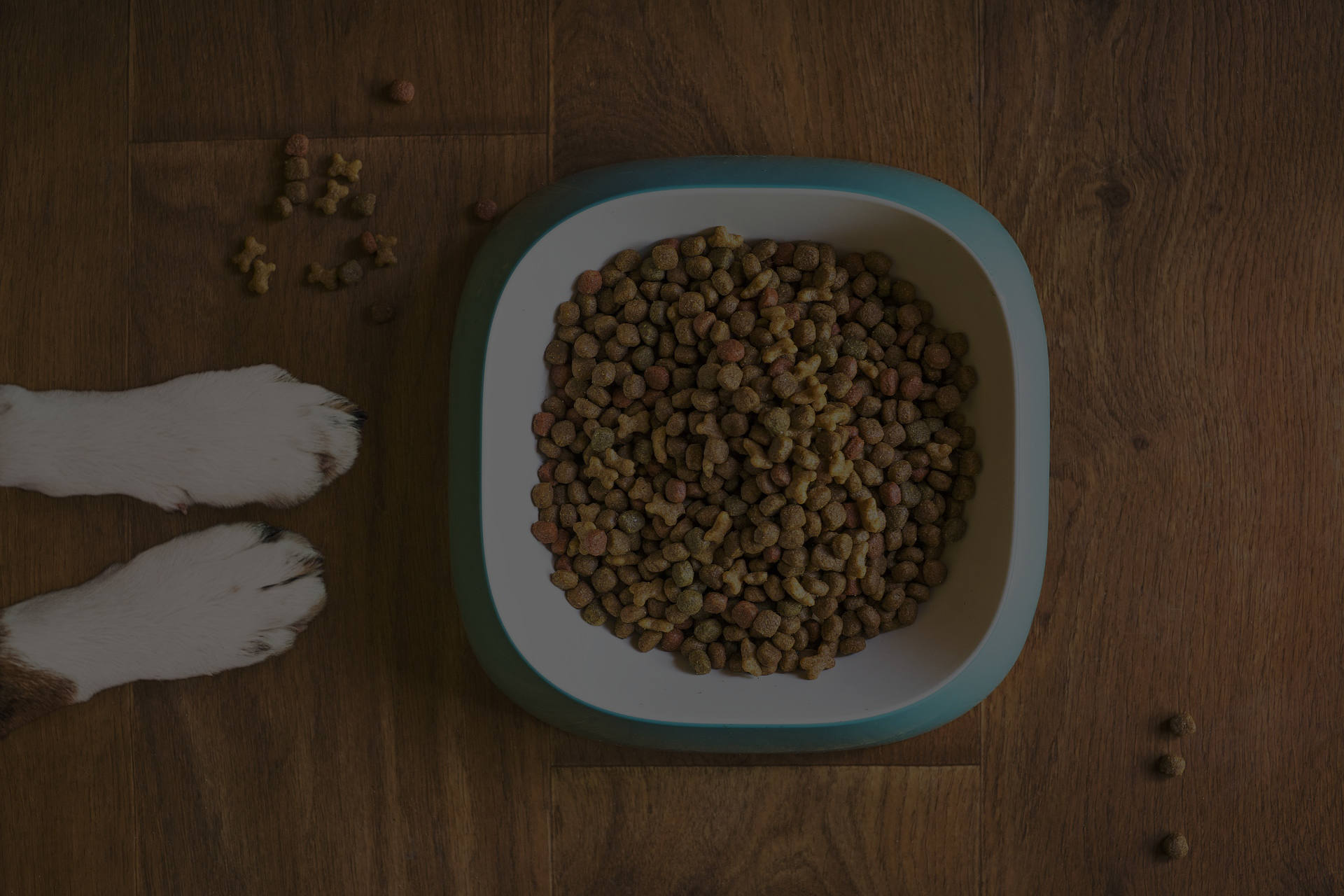Contents
- 1 Navigating the Modern Puppy Food Market
- 2 Understanding Puppy Nutrition: A Foundation for Health
- 3 Feeding Your Puppy: A First-Year Timeline
- 4 Portion Control and Feeding Habits: Tailoring Meals to Your Puppy’s Needs
- 5 Wet vs. Dry Puppy Food: Making Informed Choices
- 6 Special Needs for Small and Large Breed Puppies: Tailoring Nutrition
- 7 Managing Your Puppy’s Weight and Growth: Monitoring Progress
- 8 Table Scraps and Puppy Nutrition: Risks and Recommendations
- 9 Practical Puppy Feeding Tips: Ensuring a Positive Eating Experience
- 10 Setting Your Puppy Up for Lifelong Health
Exploring the aisles of pet stores today can overwhelm new puppy owners with the myriad options available. Unlike in the past, when dog food choices were limited, today’s pet food industry offers lots of different products that address specific nutritional needs. This shows that people are more educated on the importance of diet in a puppy’s development and overall health.
Understanding Puppy Nutrition: A Foundation for Health
Each puppy is unique, necessitating a tailored approach to nutrition. Consulting with your breeder or veterinarian is crucial for addressing food choices, feeding schedules, and overall nutritional health concerns. They can help give you personalized advice for your puppy’s breed, size, and individual characteristics.
Feeding Your Puppy: A First-Year Timeline
6–12 weeks
During this critical growth period, puppies should be fed specialized puppy food designed to support healthy development. Feed them four times a day to meet their high nutritional demands.
3–6 months
As your puppy matures, gradually reduce feedings to three times daily. Monitor their body condition to ensure they are developing appropriately.
6–12 months
Transition to feeding your puppy twice daily. Adjust their diet if spayed or neutered, as their energy requirements may change. Large-breed puppies may require specialized formulas until they reach full maturity.
After age 1
By this stage, most puppies can transition to adult dog food, typically fed two meals daily.
Portion Control and Feeding Habits: Tailoring Meals to Your Puppy’s Needs
Rather than focusing solely on the amount of food in the bowl, monitor your puppy’s body condition to determine appropriate portion sizes. Factors such as metabolism, activity level, and individual growth rate influence how much food they require. It’s normal for puppies to skip meals or eat less occasionally; adjust portion sizes accordingly to maintain their ideal weight and health.
Wet vs. Dry Puppy Food: Making Informed Choices
Choosing between wet and dry puppy food depends on nutritional density and palatability. Wet food may appeal to puppies but can be more expensive and spoil faster. On the other hand, dry food is convenient and economical, providing complete nutrition when fed as recommended. Discuss options with your vet to decide which type best suits your puppy’s needs.
Special Needs for Small and Large Breed Puppies: Tailoring Nutrition
Small and large breed puppies have distinct nutritional requirements due to differences in growth rates and potential health concerns. Small breeds typically mature faster and may transition to adult food earlier, while large breeds require controlled diets to support steady growth and joint health. Please consult your vet to ensure your puppy receives the appropriate diet for their breed and size.
Managing Your Puppy’s Weight and Growth: Monitoring Progress
Tracking your puppy’s growth through regular weigh-ins and observing their body condition helps ensure they are developing healthily. Adjust their food intake as needed to maintain a steady growth rate and prevent issues like things that can result in long-term health problems like obesity.
Table Scraps and Puppy Nutrition: Risks and Recommendations
While tempting to indulge, feeding table scraps to puppies can lead to nutritional imbalances and encourage undesirable begging behaviors. Opt for healthy, puppy-friendly treats like carrots or apples during training sessions. Establishing good eating habits early on helps prevent future dietary issues and supports your puppy’s overall well-being.
Practical Puppy Feeding Tips: Ensuring a Positive Eating Experience
- Introduce mealtime routines early to establish healthy eating habits.
- Avoid feeding immediately upon returning home to minimize separation anxiety.
- Discuss any concerns or changes in your puppy’s diet with your vet to ensure they receive appropriate nutrition.
Setting Your Puppy Up for Lifelong Health
Choosing the right food and feeding practices lays the foundation for your puppy’s long-term health and happiness. Educating yourself allows you to provide your puppy with the nutrition it needs to thrive through every stage of life. Remember, a well-fed puppy is a healthy, happy companion for years to come.


Leave A Comment